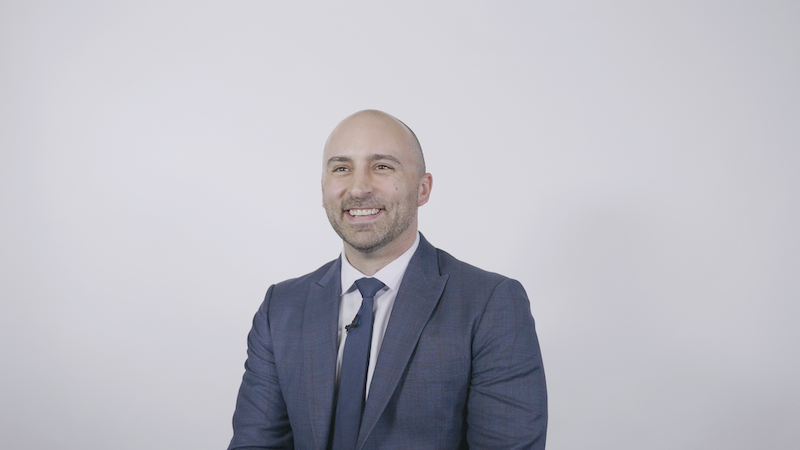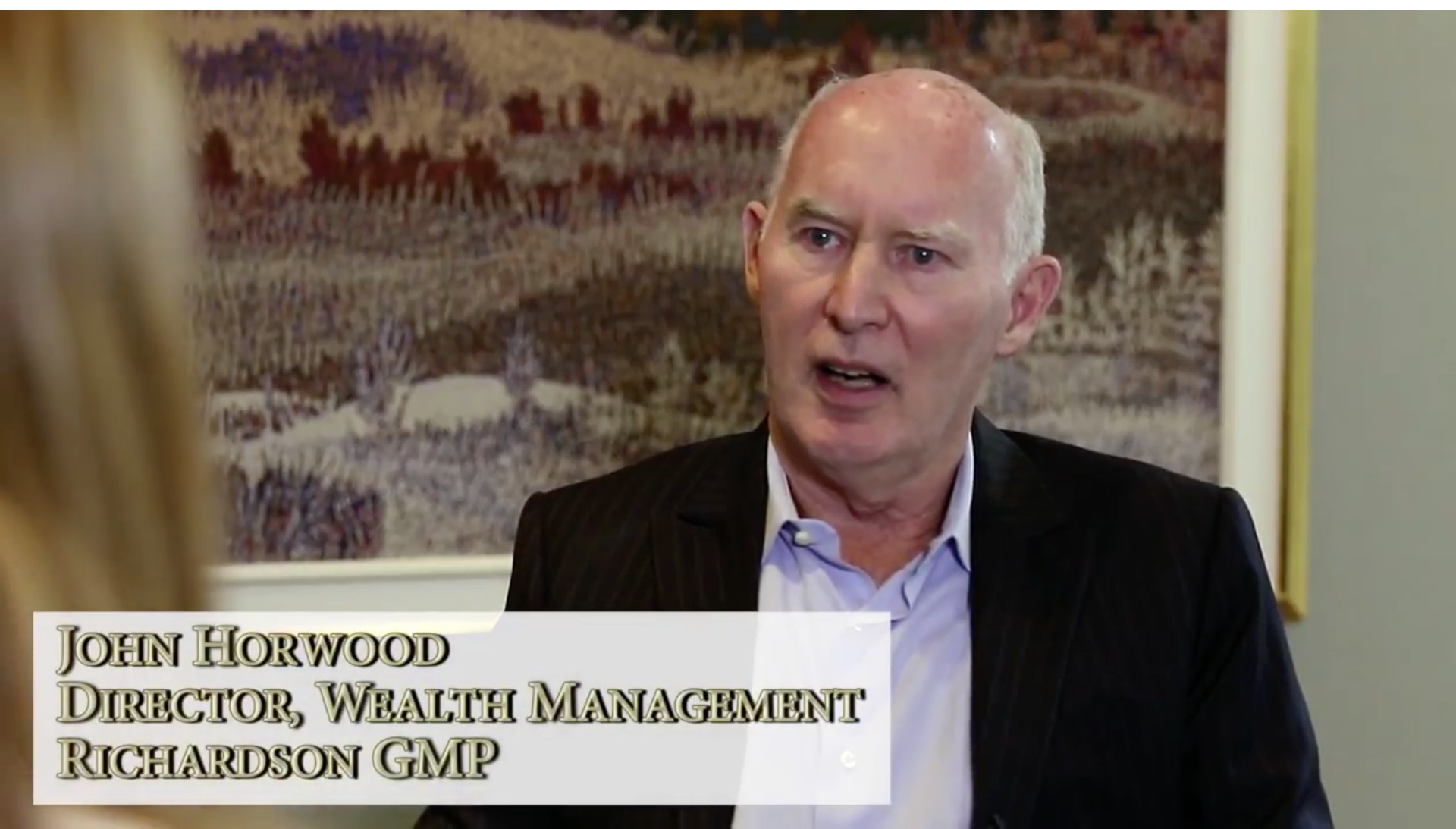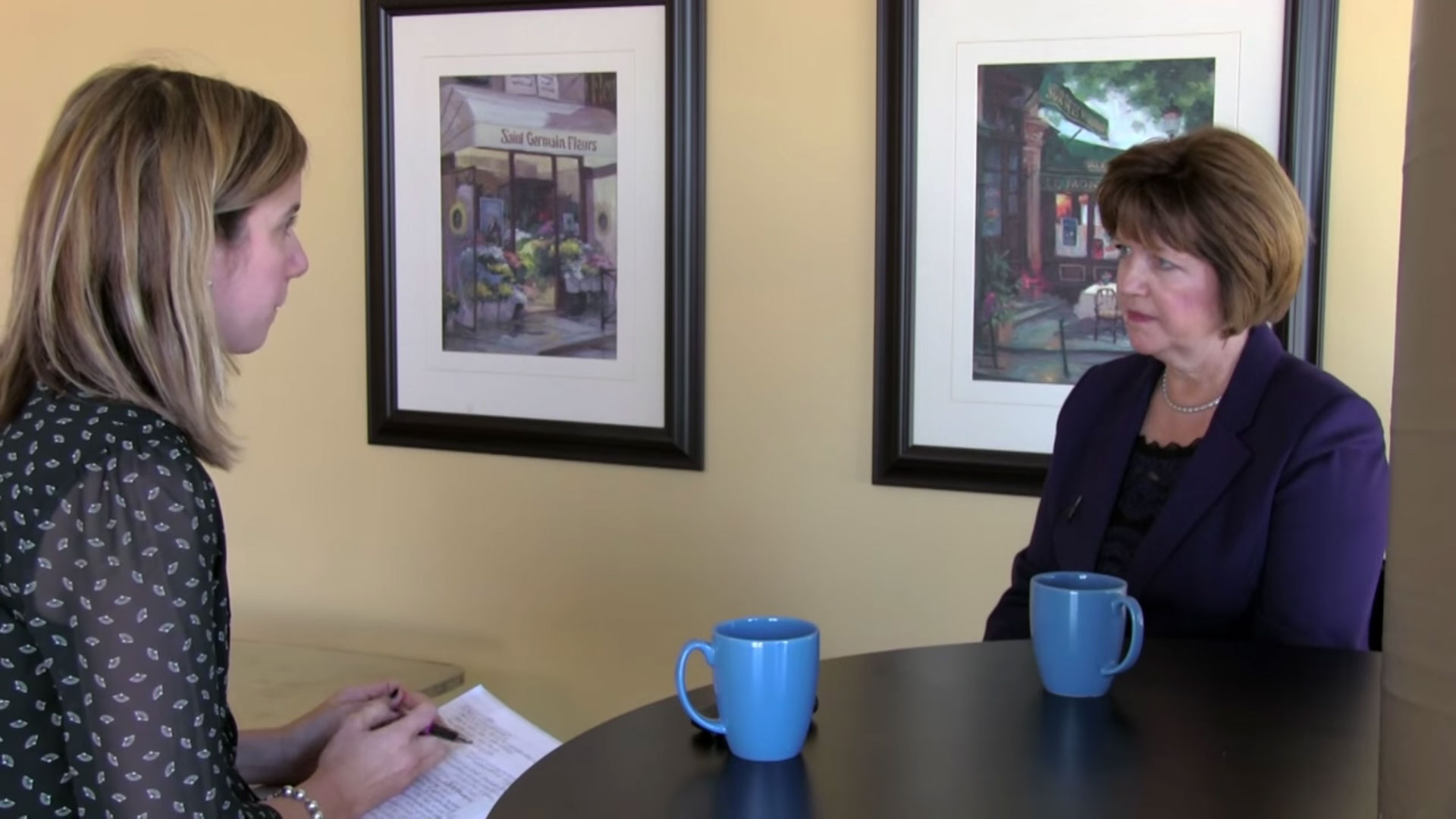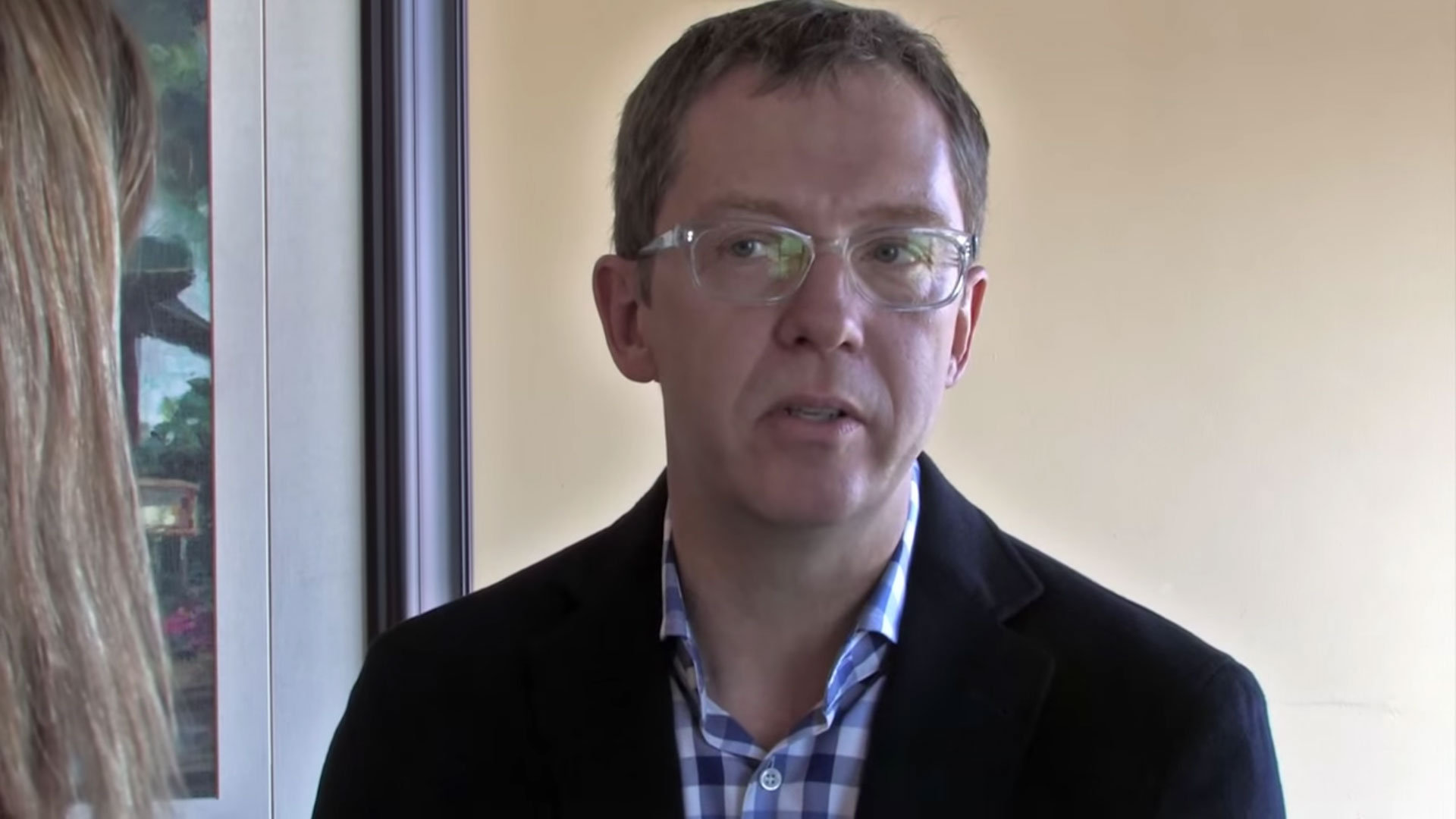When real estate expert extraordinaire Ben Rabidoux visited FP Headquarters to meet up with Romina to record an Expert Talks podcast episode, The Breakdown crew just had to pull him aside to pick his brain.
See a full transcript below of our 10 question rapidfire with Ben, where we talk about becoming a human sponge, what books you should be reading, and when that pesky real estate bubble is going to burst.
Q: You’ve travelled back in time to 2008, what real estate advice would you give yourself?
A: Don’t be such a pessimist. Sometimes these cycles take longer to play out then you think, and don’t be early.
Q: Can you describe your dream home?
A: Big house on the water, Georgian Bay. And it would be one with its own harbour, where I can keep my boat.
Q: What’s the best piece of advice you’ve received or ignored?
A: Probably just: happy wife, happy life. (Laughs)
Q: What’s the best book you’ve ever read?
A: I really liked Irrational Exuberance, by Robert Shiller.
Q: What’s the best behaviour for someone interested in finance to learn, and what’s the best thing for them to unlearn?
A: To learn I would say just get around people who you can learn from, who are smart and successful, and just try to be a sponge. Unlearn? That’s a tough one. There’re so many cognitive biases. I think if people want to read a great book (on the subject) Thinking Fast And Slow by Daniel Kahneman just walks through all the inherent biases. And of course, we all have them, but (with) some of the mistakes we make around personal finance that are so avoidable it would be great for people to walk through that book.
Q: What do people always assume about the housing market that’s totally untrue?
A: There is no national housing market. So, people often talk about the “Canadian Housing Market” and of course right now we see tremendous divergence in trends across metros. So that would be one. And I guess the other, if I could throw a second one in, would be there’s kind of this prevailing wisdom that housing never goes down—house prices never go down. And of course, that is being challenged in places like Vancouver and some parts of Toronto.
Q: If you could write the curriculum for a new mandatory high school course, what would it include?
A: Definitely lots on the power of compounding, to really drill that into kids. The dangers of debt—I know they do talk about that, but really getting kids into budgeting, understanding how debt can snowball, and also just the power of compounding when you can start saving earlier.
Q: Who is the one person you’d most like to interview if they were hooked up to a lie detector?
A: (Laughs) Jawad Rethore and Vince Petrozza, the guys from Fortress who sued me and they just—they can’t even keep their lies straight.
Q: What piece of advice would you like to give millennials that are looking to enter the housing market right now?
A: Be patient. Don’t do something because you’re feeling pressure from your friend group. Renting is not throwing your money away. It does provide mobility. It is an option on housing. But, if you find a house that you’re fine settling in for the next ten years and you can afford it—whatever, do what you have to do.
Q: When is the bubble going to burst?
A: 2015. (Laughs). Wait let me answer that, did you turn (the camera) off? I would say I only say that because of course I’ve been a skeptic for a while and it’s run up in my face. Look, there is no national market so there is no national bubble, but it’s already burst in places like Vancouver, I would argue, and especially in the higher end. And it’s burst in places like the high end in the 905, for example. You don’t see it as much at the entry level but there’s real pain out there. So, you know, were some of the smaller metros subject to a housing bubble? I mean, that’s debatable, so I don’t know if there’s anything to burst there, but certainly we’re well passed peak in places like Vancouver.






